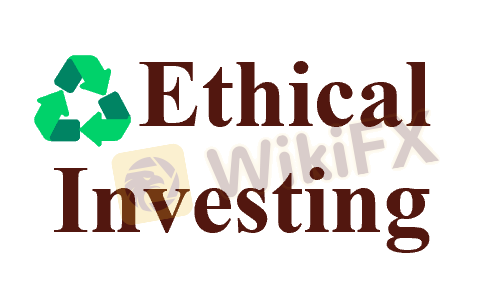As we increasingly realize the profound impact that corporations and industries have on our world and daily lives, the importance of Ethical Investing becomes significantly evident. Ethical Investing, or the alignment of investment strategies with personal values, extends across ESG (Environmental, Social and Governance), SRI (Socially Responsible Investing), and Impact Investing. It is about investing in the future we want to create. Here, we make investment decisions not just based on financial returns, but also on the way these returns are accomplished.
This comprehensive guide will navigate you through the concepts of ethical investing, its types, its pros and cons, its historical progression, and how you can integrally participate in this move towards a more responsible way of investing.
What Is Ethical Investing?
Ethical investing, also known as socially responsible investing (SRI) or environmental, social, and governance (ESG) investing, is an investment strategy where investors choose to invest in companies that align with their personal beliefs and values. This could be based on various factors including environmental policies, social impact, corporate governance, and so on. The aim is to generate financial returns while also making a positive contribution to society or reducing harm to the environment.

ESG vs SRI vs Impact Investing: What's the Difference?
ESG
ESG stands for Environmental, Social, and Governance. These are the three key factors when measuring the sustainability and societal impact of an investment in a company or business.
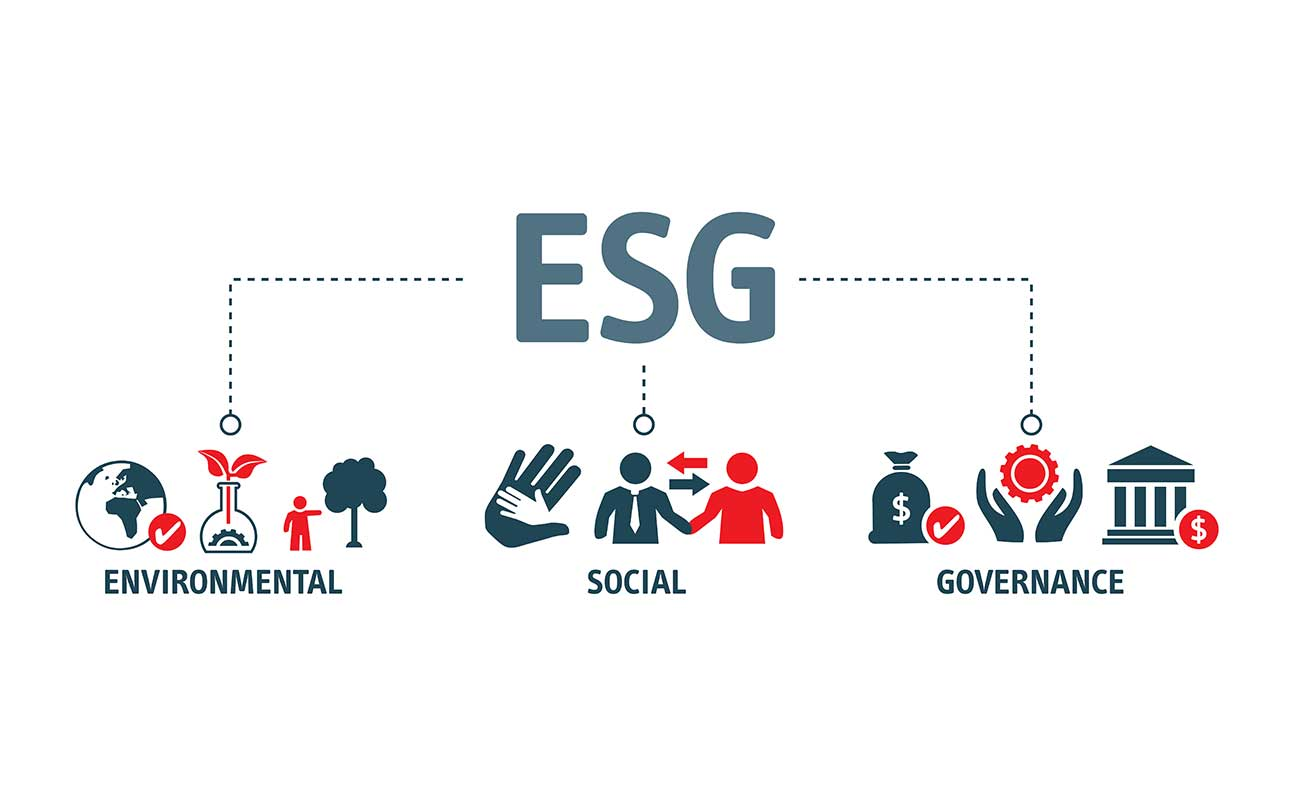
Environmental
Environmental criteria consider how a company performs as a steward of nature. They may assess a company's energy use, waste, pollution, natural resource conservation, and treatment of animals.
Social
Social criteria examine how a company manages relationships with its employees, suppliers, customers, and the communities where it operates. This can include issues like worker rights, health and safety, diversity and inclusion, and community engagement.
Governanc
Governance deals with a companys leadership, executive pay, audits, internal controls, and shareholder rights.
SRI
SRI stands for Socially Responsible Investing. It is an investment strategy that considers both financial return and social/environmental good. SRI investors aim to invest in companies that not only deliver financial performance but also have positive ESG (Environmental, Social, Governance) practices. This might involve excluding certain sectors or companies based on specific ESG criteria, or proactively seeking out companies that contribute positively to social or environmental goals.
Impact Investing
Impact investing refers to investments made with the intention to generate positive, measurable social and environmental impact alongside a financial return. The goal of impact investing is to help reduce the negative effects of business activity on the social environment. That's why impact investors actively seek to place capital in businesses, non-profits, and funds in industries such as renewable energy, sustainable agriculture, microfinance, and affordable and accessible basic services including housing, healthcare, and education.
To better understand the differences between ESG, SRI, and Impact Investing, let's have a look at a comparison table:
| ESG | SRI | Impact Investing | |
| Financial Return | Primary focus | Important | Balanced |
| Ethical Consideration | Part of analysis | Primary focus | Significant focus |
| Positive Impact | Potential outcome | Desired outcome | Measured and required outcome |
| Method | Integration into traditional analysis | Ethical screening | Investments in initiatives creating measurable impact |
This table provides a brief overview of the key differences in focus and methodology between the three strategies - ESG, SRI, and Impact Investing. Understanding these differences can help you to make more informed decisions that align with your financial goals and ethical values.
Pros and Cons of Ethical Investing
Pros
Positive Impact: Ethical investing allows you to support companies and sectors that align with your personal beliefs and values.
Risk Management: Companies that adhere to strong ESG standards can often avoid controversies, legal issues, and other risks that could harm their reputation and financial performance.
Long-Term Growth: Businesses that are sustainable and socially responsible can have potential for long-term growth and profitability.
Cons
Limited Choices: Ethical investing can limit your investment choices as it eliminates companies or entire sectors that do not meet certain ethical standards.
Potential for Lower Returns: Due to limited investment choices, there might be potential for lower returns compared to traditional investing.
Difficulty in Measuring Impact: It can be challenging to measure the actual societal and environmental impact of businesses.
History and Growth of Ethical Investing
| Time Period | Developments |
| Religious Era | Earliest ethical investing by Quakers, Methodists, and Muslims |
| 1960s-70s | Ethical investing gains traction, particularly during apartheid |
| 1990s-2000s | Rise in ethical investing due to increased awareness of corporate practices and environmental issues |
| Today | Major growth in ethical investing due to demand, performance, and recognition of ESG practices |
Ethical investing has its roots in religious communities, particularly amongst the Quakers, Methodists, and Muslims, who had guidelines against investing in certain types of businesses. However, the modern movement of ethical investing started gaining significant traction in the 1960s and 70s, as investors started considering the wider impact of where their money was invested. This was especially true during the apartheid era in South Africa, where many investors across the globe divested from companies operating in South Africa as a form of protest.
There was a surge in ethical investing during the 1990s and early 2000s, as more information became available about corporate practices, and a greater awareness of environmental issues, particularly climate change, developed. More fund managers began examining companies' environmental, social, and governance practices, leading to the coining of the term 'ESG investing'.
Nowadays, ethical investing has grown enormously, driven by increasing consumer demand, improved performance of ethical investments, and greater recognition of the risks associated with poor ESG practices. Ethical funds are now amongst the fastest-growing categories of funds. Moreover, many major investment and brokerage firms offer various forms of ethical investing options, recognizing their growing popularity amongst investors.
Case Study
Patagonia, the outdoor clothing company, stands as a key example of ethical investing causing impact. Yvon Chouinard, Patagonia's founder, has led the company with a philosophy fused with environmentalism. The brand's mission statement is “We're in business to save our home planet”. Patagonia's business model and practices, such as donating 1% of their total sales to environmental organizations through their '1% for the Planet' initiative, and encouraging consumers to repair and recycle their products, have had profound impacts.
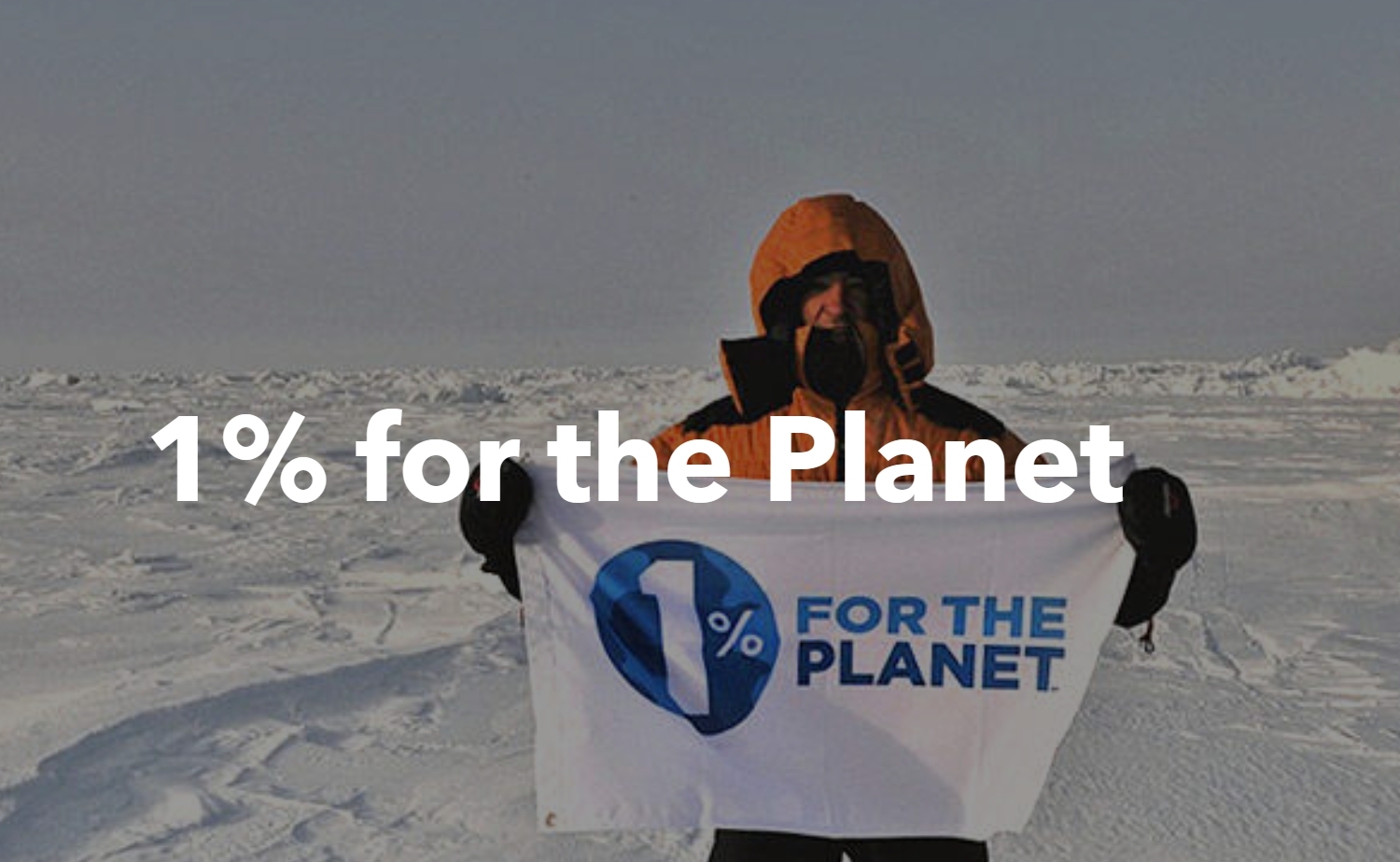
Investors specially seeking a balance between profit and preservation of the planet find such businesses an attractive portfolio choice. As more consumers prefer to support businesses like Patagonia, many other companies and investors are starting to adopt similar practices, showcasing the increasing popularity and growth of ethical investing.
This case outlines how business practices focused on positive environmental impact can become a key aspect of a company's strategy and how such a business can become an attractive investment opportunity for ethical investors.
Why is Ethical Investing Important?
Firstly, it allows individuals to put their money into ventures that align with their beliefs and values , meaning they are not only working towards financial gain, but also making a positive impact on social, environmental, or political issues that matter to them.
Secondly, it pressures companies to adopt sustainable and socially responsible practices. When investors opt for companies that adhere to ethical standards, it can drive other companies to implement similar standards in order to attract investment, which can lead to widespread industry changes.
Thirdly, ethical investing can potentially lead to lasting societal change. By supporting companies with a focus on sustainability or social good, investors contribute to the broader initiatives and changes these companies are making within society.
Lastly, from a financial perspective, ethical investing can also be good risk management. Companies that do not meet ethical, social, or environmental standards may face legal issues, boycotts, or other problems that could negatively impact profitability.
How to Invest Ethically?
Identify Your Values: Determine what ethical, social or environmental causes matter the most to you. Different ethical investments focus on different issues, such as environmental sustainability, social justice, or corporate governance.
Research: Once you've identified your values, you need to research potential investments that align with those values. This can include individual companies, mutual funds, or exchange-traded funds (ETFs).
Understand ESG Ratings: Many ethical investments use Environmental, Social, and Governance (ESG) ratings to rate their adherence to ethical practices. These ratings can provide a useful guide but should not be the sole factor in your decision.
Diversify: Like any investment strategy, its important to have a diversified portfolio. This can help to manage risk while still ensuring your investments align with your values.
Regularly Review Your Portfolio: Over time, companies might shift their practices or new information can emerge that can change a companys ethical standing. Regularly reviewing your portfolio will ensure your investments continue to align with your values.
Consult a Professional: If you are unsure, consult with a financial advisor experienced in ethical investing. They can guide you in aligning your economic goals with your personal values.
Best Brokers for Ethical Investing
 |
 |
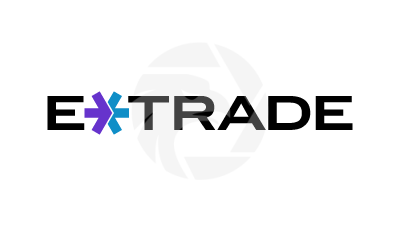 |
Fidelity Investments
Best for its robust ESG mutual funds and exhaustive vetting process
Fidelity offers a range of ESG (Environmental, Social and Governance) mutual funds and ETFs (Exchange-Traded Funds). Their ESG funds are specifically designed to invest in companies that excel in these areas. Fidelity's research team rigorously vets companies to ensure they meet high ethical standards. They also provide a comprehensive online platform and a wide array of tools and resources to help investors make informed decisions.
Charles Schwab
Best for their wide range of responsible investing options and commitment to education about sustainable investing
Schwab offers a robust line-up of mutual funds that include responsible investing options. Some of these funds adhere to strict ESG criteria and invest in companies that perform well in these areas. Schwab's sustainable funds strive to blend societal impact with competitive performance. Schwab also provides educational resources about sustainable and responsible investing.
ETrade
Best for its selection of socially responsible mutual funds and diverse tools for Evaluating ESG criteria
ETrade has a robust platform that allows investors to select from hundreds of socially responsible mutual funds. They offer tools that can help you evaluate these funds based on their ESG criteria. Their platform also allows you to customize and manage your portfolio to align with your personal investment goals and ethical values.
Challenges and Criticisms of Ethical Investing
Ethical investing is not without its challenges and criticisms.
Vague Definitions
There isn't a universal definition of what is considered to be an 'ethical' investment. This leaves room for interpretation and could lead to companies being included in ethical funds that some investors find objectionable.
Greenwashing
This is when a company or fund advertises themselves as being more environmentally friendly or ethical than they actually are. Some funds that are marketed as being 'ethical' or 'green' may still invest in industries that some investors would find problematic, like fossil fuels.
Limited Returns
As noted in the Pros and Cons section, ethical investing can potentially lead to lower financial returns, because it may restrict certain profitable sectors or companies from your investment portfolio.
Difficulty to measure
It can be difficult to accurately measure the social and environmental impact of an investment.
Ethical discrepancy
What constitutes 'ethical' can vary greatly between individuals, making it hard to accommodate everyone's ethical standards.
Conclusion
In conclusion, ethical investing presents an opportunity for individuals to align their financial endeavors with their personal values. While it comes with its own set of challenges, such as potential lower returns or the risk of greenwashing, it also allows investors to contribute to positive social, environmental, and ethical changes in society.
The key to successful ethical investing lies in thorough research and perhaps consultation with a financial professional, ensuring that the chosen investments align with both the investor's ethical standards and financial goals. This not only provides personal satisfaction but can also influence businesses to adopt sustainable and responsible practices for long-term growth.
Frequently Asked Questions about Ethical Investing
How do I know if a fund is really 'ethical'?
Look for funds that are transparent about their investment criteria and process. Some funds may be certified by an independent third party. You can also consider resources like ESG ratings from independent research companies.
Can I make money by Ethical Investing?
Yes, while theres no guarantee of profits in any kind of investing, various studies have shown that ethical investing can be just as financially lucrative, if not more so, as traditional investing.
Does Ethical Investing provide lower returns?
Yes, Ethical investing can sometimes lead to lower returns due to restrictions on certain sectors or companies that don't meet ethical standards. However, this is not always the case as ethical companies often have strong corporate governance and risk management practises which can lead to long term profitability.
What are some reputed brokers for Ethical Investing?
Some reputed brokers for ethical investing include Fidelity Investments, Charles Schwab, and ETrade.
Disclaimer
It's essential to note that the information provided here does not constitute financial advice. It's meant for informational purposes only. Investment decisions should be based on an individual's specific financial needs, goals and risk profile. Please consult with a qualified financial advisor before making any investment decisions. The mention of any particular securities or investment products does not constitute an endorsement or recommendation to buy, sell or hold these investments. Past performance is not indicative of future results.
You Also Like
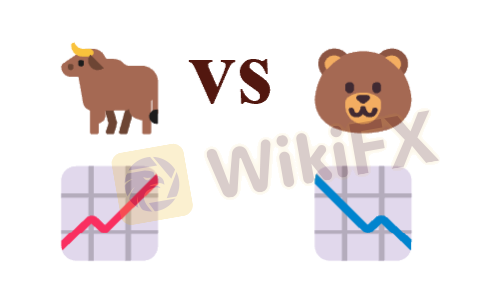
Differences between Bullish and Bearish Markets in Forex Trading
Dive into the dynamics of forex trading by understanding the uprising bullish markets and the falling bearish markets.

Differences between Dealing Desk & No Dealing Desk Forex Brokers
Learn about Dealing Desk & No Dealing Desk Forex Brokers, their roles, STP & ECN in NDD brokers, along with their pros & cons.

How to Use Currency Pair Correlations in Forex trading?
Dig into Currency Pair Correlations in Forex trading. Understand their concept, influence, importance, calculation, and common pairs.

What is Forex Technical Analysis? Pro & Cons Revealed
Uncover Forex Technical Analysis. Understand its core principles, strengths and weaknesses, and how to learn and apply it in Forex trading.






